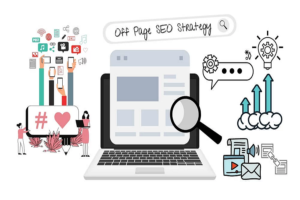
Everything You Should Know About HIPAA-Compliant Software
As technology continues to advance, healthcare organizations face new challenges in ensuring the security and confidentiality of their patients’ information. The Health Insurance Portability and Accountability Act (HIPAA) was enacted to protect the privacy of individuals who receive healthcare services. Today, healthcare organizations have been utilizing software solutions to achieve HIPAA software compliance and safeguard their patients’ data. In this article, we’ll dive into everything you should know about HIPAA-compliant software.
Understanding HIPAA Compliance
HIPAA sets various standards to protect sensitive patient information, including the Privacy Rule, Security Rule, and Breach Notification Rule. Healthcare organizations must adhere to these rules to ensure that electronic protected health information(ePHI) is secure, confidential, and properly managed. A HIPAA-compliant software solution ensures that your organization follows these guidelines, minimizing the risk of noncompliance penalties and data breaches.
Key Features of HIPAA-Compliant Software`
Before implementing a HIPAA-compliant software solution, it’s important to look for the essential features that will effectively support your organization’s compliance efforts:
1. Encryption and Secure Data Storage:
The software should encrypt ePHI in transit and at rest, ensuring data is not accessible to unauthorized users.
2. Access Controls:
Effective access management features limit access to ePHI to authorized personnel only, mitigating risks associated with unauthorized data access.
3. Audit Trails:
A comprehensive audit trail helps maintain a record of activities and system modifications, allowing organizations to monitor user actions and identify potential security threats.
4. Regular Security Updates:
Security updates mitigate vulnerabilities, ensuring the software remains protected against emerging threats.
5. Business Associate Agreements (BAAs):
If the software provider handles ePHI on your behalf, a BAA is required under HIPAA to outline each party’s responsibilities in maintaining the confidentiality of patient data.
Benefits of HIPAA-Compliant Software
Investing in a HIPAA-compliant software solution provides numerous benefits to your healthcare organization, including:
– Streamlined compliance management, saving time and resources
– Reduced risk of data breaches and associated regulatory fines
– Enhanced patient trust through secure management and storage of sensitive information
– Simplified documentation and reporting processes for potential audits
Tools for Healthcare Compliance Management
In addition to using a HIPAA-compliant software solution, organizations can benefit from various free tools for healthcare compliance management. These resources make it easier to manage and maintain your organization’s compliance efforts.
In conclusion, HIPAA-compliant software plays a crucial role in healthcare organizations’ efforts to ensure the confidentiality and security of patient data. By understanding the key features and benefits of using this software and utilizing free compliance management resources, your organization can minimize the risk of noncompliance penalties and data breaches, ultimately fostering trust and confidence in the care you provide.



